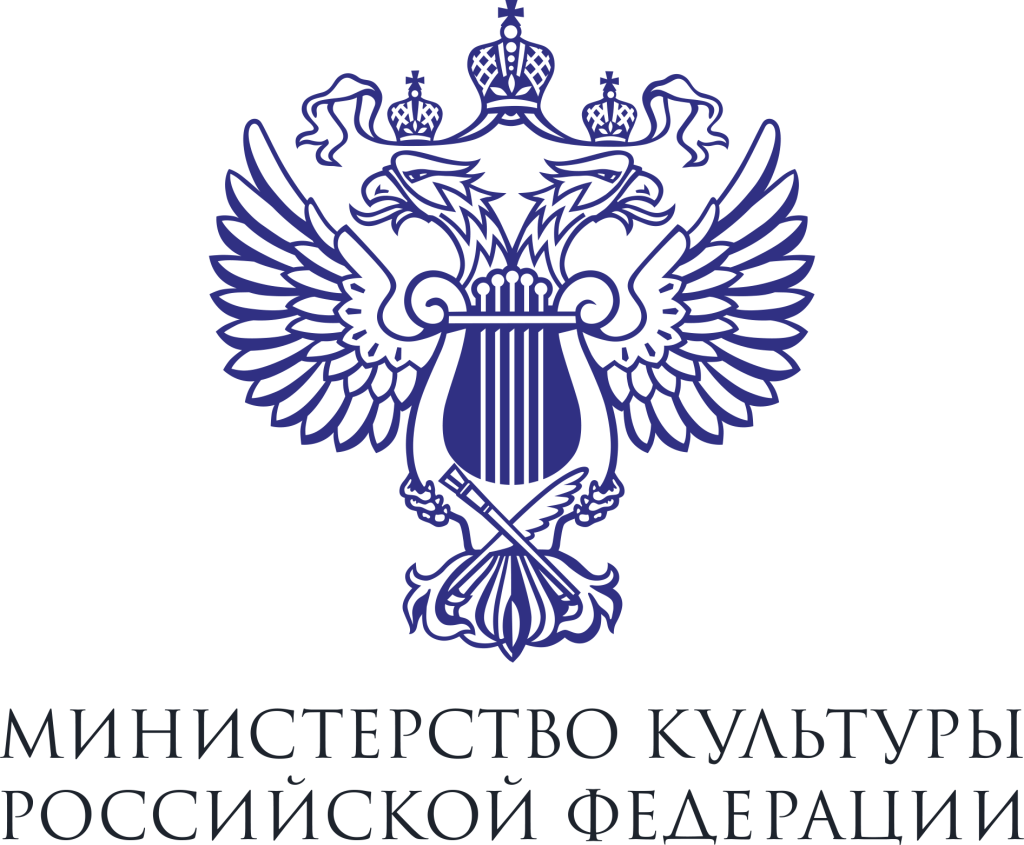Russian Spiritual Culture Days, which took place from 1 to 6 October, completed in the capital of Hungary – Budapest.
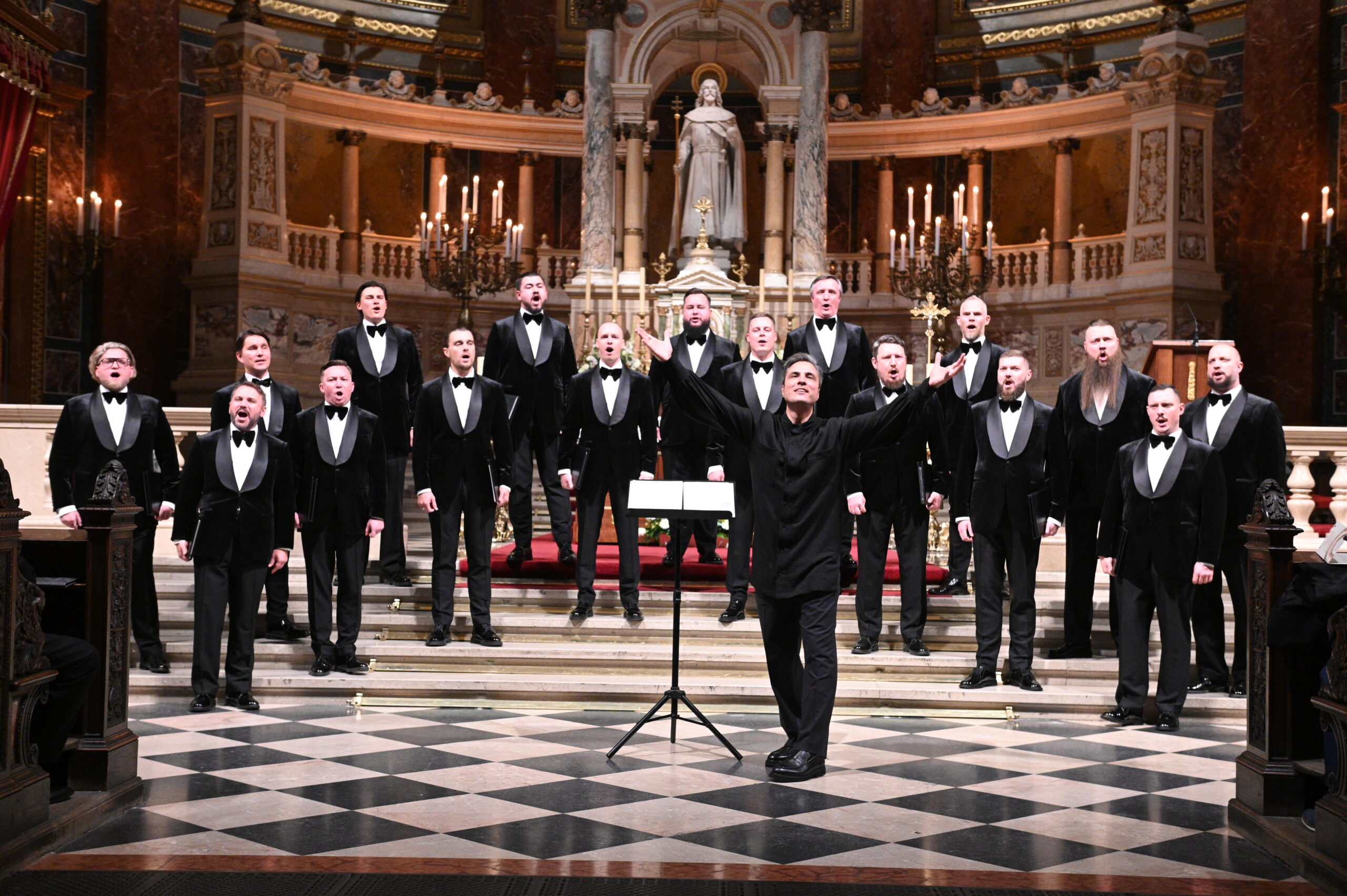
The highlight of the project in Hungary was a performance by the Sretensky Monastery Choir in the country’s largest Catholic cathedral, St. Stephen’s Basilica, attended by approximately 800 listeners. The concert featured iconic religious chants by Orthodox and Catholic composers, as well as music by secular authors. The encore was Many Years, and the concert concluded with the famous Kalinka.
The Ambassador Extraordinary and Plenipotentiary of the Russian Federation in Hungary Evgeny Stanislavov, representatives of the diplomatic corps and embassies of 15 countries were among the guests of honor at the concert.
The Choir’s artistic director and choirmaster, Andrei Poltorukhin, noted that “the location itself – St. Stephen’s Basilica – partly determined the choice of the repertoire. It was based on liturgic music and various chants, which, though being secular, are nonetheless imbued with profound spiritual content.”
The Sretensky Monastery Choir also took part in the Divine Liturgy at the Assumption Cathedral, the main cathedral of the Budapest and Hungarian Diocese of the Russian Orthodox Church.
According to Yevgeny Stanislavov, Ambassador Extraordinary and Plenipotentiary of the Russian Federation in Hungary, “the performance of the Sretensky Monastery Choir – one of the most famous and internationally acknowledged symbols of Russian spiritual and choral culture – is a remarkable event for Hungary. The Choir’s performance is an example of true musical art, reflecting the spiritual power, beauty, and harmony of the Russian Orthodox tradition.”
The Russian Cultural Center hosted a meeting with soloists of the Rossiya Ensemble. The topic of the event was Russian Folk Instruments As A Unique Phenomenon of World Musical Culture. True masterpieces of national musical art were performed in an intimate setting, while the Ensemble’s artistic director, Honored Artist of the Russian Federation Dmitry Dmitrienko, spoke to guests about the origins and development of the art of playing Russian folk musical instruments.
Soloists of the State Academic Russian Folk Ensemble Rossiya named after Lyudmila Zykina, winners of international competitions, performed at one of Budapest’s largest and most renowned concert halls, the Vigadó. The program featured works by Soviet and foreign classics, as well as Russian folk songs, and in addition included specially chosen Introduction and Csardás by the distinguished Russian composer Alexander Tsygankov.
Two photo exhibitions were displayed at the Russian Cultural Center. The first, organized by the Russian Geographical Society and dedicated to its 180th anniversary, was focused around Russia’s unique historical and architectural monuments and featured works by finalists and winners of the photo contest The Most Beautiful Country.
The second exhibition Kizhi: A Reborn Masterpiece of Russia by the Kizhi State Historical, Architectural, and Ethnographic Museum-Reserve was dedicated to the completion of the restoration of the Church of the Transfiguration of Our Lord on Kizhi Island—the largest, most complex, and most harmonious traditional wooden building in the world. The photos were taken by a renowned photographer Igor Georgievskiy.
The final chord of Russian Spiritual Culture Days in Hungary was a concert by the Valentin Berlinsky Quartet at the Franz Liszt Academy of Music. The program performed by young musicians Denis Gasanov (first violin), Pavel Romanenko (viola), Mikhail Kalashnikov (cello), and Fyodor Kalashnikov (second violin) featured Russian and Hungarian music.
***
Russian Spiritual Culture Days is a unique multi-genre project of the Ministry of Culture of the Russian Federation, aimed at promoting the spiritual and moral values of the Russian people and the treasures of Russian culture and art in foreign countries. The project is implemented by the Ministry of Culture of the Russian Federation in close collaboration with the Ministry of Foreign Affairs of the Russian Federation and the Russian Orthodox Church. The project organizer is the Autonomous Non-profit Organization “Russian Seasons.”
